How to tell if you were raised by a narcissist? Are there any effects of being raised by a narcissist? This article is going to speak in detail about how does being raised by a narcissist affect you, and the signs of being raised by a narcissist.
If you were raised by a Hijackal®* parent, deep down, you know you’re not fine. You say you are, but you’re not. Maybe, you can’t even put your finger on how you know you’re not.
I want to help with that. You may not have all five of these deep-down beliefs about yourself, but I hope this opens you up to the understanding of what an awful gift your Hijackal parent gave you.
Why?
So you can work it through, replace the mistaken beliefs, and recover fully.
Related: THE NARCISSISTIC PARENT
Your brain grows until you are in your mid-twenties. It’s true. But, by then, you are on a path, and you may not even take time to examine what has happened to you.
It’s just what you do, where you’re going, and with whom. You don’t recognize the impact of all that happened while your brain was developing. And, it’s HUGE!
Think about this: What was going on in your house before you even had a language? Who was there? Were they happy you were? Were they annoyed by your presence?
When raised by a narcissist, you were busy experiencing life by putting everything in your mouth, exploring everything you could touch, and trying to make those “Giants”–whom you needed to keep you alive–interested and happy.
You smiled, laughed, and made encouraging noises, trying to attract them. That didn’t work. You cried. They responded.
How? Lovingly? Happily? Warmly?
Or, were they giving you the feeling that you were a nuisance, annoying, and wasting their precious time?
That all makes a BIG difference in how you feel about yourself now.
(Of course, if you’ve already recognized the need to get help and changed this, you’re recognizing all this with a sigh of relief. Good for you!) Unrecognized, it can ruin your relationships, keep you feeling inadequate, and undermine your success.
Think about these five deep, dark, underlying truths about your life today. They are the awful gifts you unwillingly–and unwittingly–received from a Hijackal parent (or primary caretaker.)
5 Ways Being Raised By A Narcissist Negatively Affects Your Life
1) You don’t believe anyone can really love you.
Even when they say they do, and they cross rings of fire for you, you are still suspect. That’s because a Hijackal parent left you feeling unlovable, never good enough, and broken down.
Oh, yes, you may have a tough exterior that makes other people think that you walk on water, but, inside, you know that no one will ever really love you. It keeps you from ever having the emotional intimacy you so want.
Related: Six Kinds of Emotional Abuse by Narcissistic Parents
2) You don’t trust anyone.
You want to. You really do. And, so you seem to. But, when raised by a narcissist there is always a nagging question in the back of your mind. Am I making a mistake? Am I wrong?
Even though they seem to be telling me the truth, and their behavior seems to follow, you question it. You also will enter into a relationship and want to trust with all your heart.
And, you do. Until the first moment that there is a glimmer of a question.
“Where is s/he?”
“Did s/he lie to me?
“Has s/he always lied to me?”
“Am I a fool?”
“I always knew s/he couldn’t really be trusted.”
Those run through your head, right? You don’t want to be wrong. You want to be wise, so, you’re always wary. That makes it very difficult to actually trust someone.
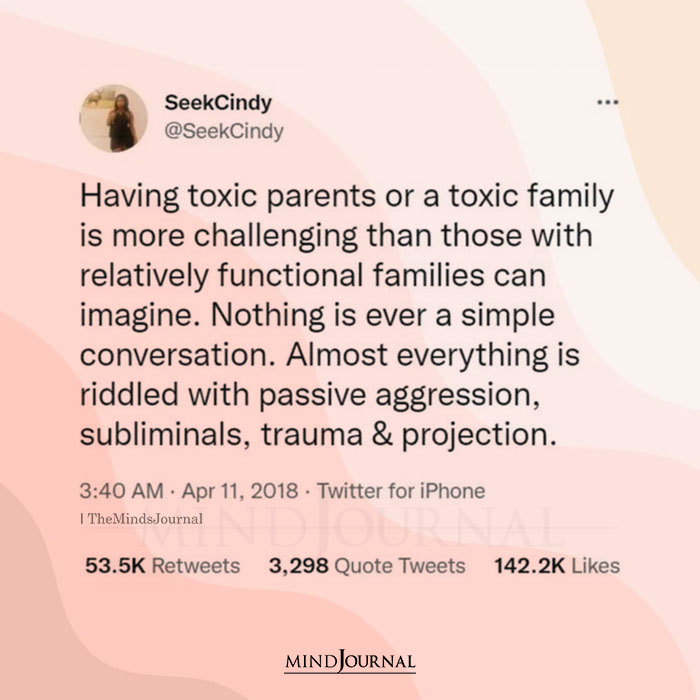
3) You have trouble with intimacy.
Real intimacy, is the kind that makes you feel close, relaxed, cherished, known, appreciated, loved and accepted.
Hijackal parent, can I be loved, am I lovable, difficult people, no intimacy, pushed away- it goes along with your inability and unwillingness to trust another person fully.
It’s your vigilant wariness. Children raised by a narcissist or a Hijackal parent learn early on that they have to be vigilant, maybe even hyper-vigilant.
The Hijackal seemed unpredictable. Would you get the smiling one who thought you walked on water or the harsh one who thinks you’re a nuisance?
It depended on the hour, so you became very good at people-pleasing. Over the years, you turned yourself into both a pretzel and a doormat.
In fact, you may still be doing that in your current relationships. When you have a Hijackal parent, you are trained to do that to survive!
Intimacy requires the ability to trust. That’s hard for you.
Related: How Children Of Obsessed Parents End Up Feeling Lost and Empty
4) You seldom feel safe.
Obviously, this goes along with the lack of trust, but it extends to your whole world. If you’re like me, you were abused at home.
That happened at night, all in secret, and it produced opposing feelings simultaneously: you’re scared and you think the person is supposed to love you.
How can you be safe?
When raised by a narcissist, you tend to live with one eye scanning the world for predators, while the other is trying to enjoy the person or world in front of you.
And, these feelings may have gone far underground. You don’t realize that they are still way down-deep, running the programs of your life.
That’s why you need to love yourself enough to get some help. These feelings can keep you from ever experiencing real love, even the honest, real love, and affection from friends.
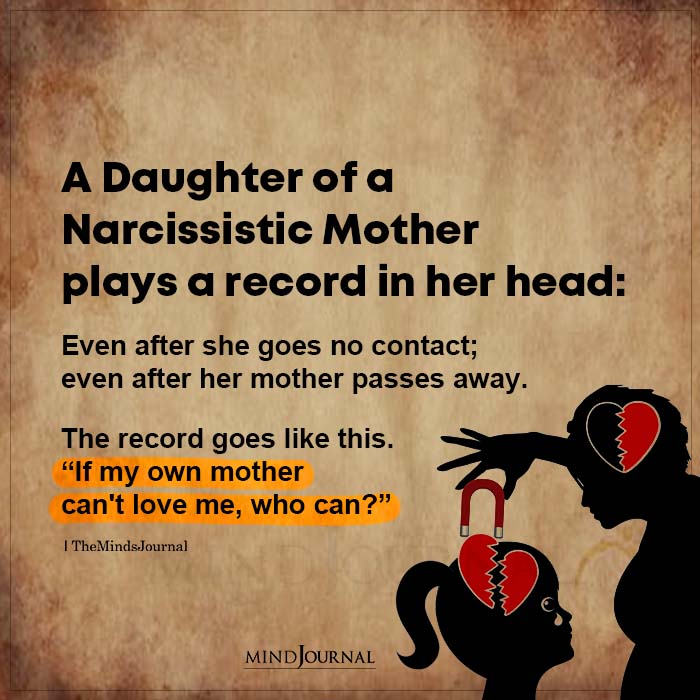
5) You are starved for approval, the approval that you can believe and accept.
A Hijackal parent is in competition with you. Because that’s true, s/he will withhold approval from you. Yes, they sometimes give it. But, they manage to take it away immediately. You did a great job with that. I wish you could do that with everything, but that’s hoping for too much.
Withholding approval is a Hijackal tactic! If s/he approved of you, you’d have an edge. It would somehow make you an equal. No Hijackal parent wants that. My mother used to say that she couldn’t say anything good about me or I would get a swelled head.
What a perfect Hijackal parent remark! She justified her unwillingness to approve of me immediately. Oh, and her friends bought it, too.
You are constantly invalidated by the Hijackal parent. Often, the other parent is silent or agrees to keep the peace. Double whammy!
That makes it very difficult for you to ever believe a compliment deep down, or to ever believe that a wonderful, healthy, loving, approving person, free of Hijackal games, actually loves you.
So many of my clients have confessed that they actually looked for somewhat nasty people. They are who they believe they deserve. IT’S NOT TRUE!
Does this help you make sense of those deep-down feelings, the ones undermining your self-esteem, self-concept, and self-confidence? Those will also be the ones that damage your relationships with yourself and others.
Related: The 5 Child Roles In Dysfunctional Families
A Hijackal parent did that to you. It’s not your fault. And, it’s not true. Learn how to replace these underlying beliefs. They are sabotaging you and your relationships. Be free to live an authentic, empowered life now.
Hijackals® is my term for the difficult, disturbing, toxic people in life, which includes narcissists, borderlines, avoidant personality disorders (like psychopath and sociopath), and histrionics.
If you would like more help from Dr. Shaler, subscribe to her weekly Tips for Relationships and listen to her Relationship Help Show every Wednesday at 11 am Pacific. She’s here to help you with small group consulting and private sessions.
© Rhoberta Shaler, PhD
Want to know more about being raised by a narcissist? Check this video out below!
Written by Rhoberta Shaler, PhD
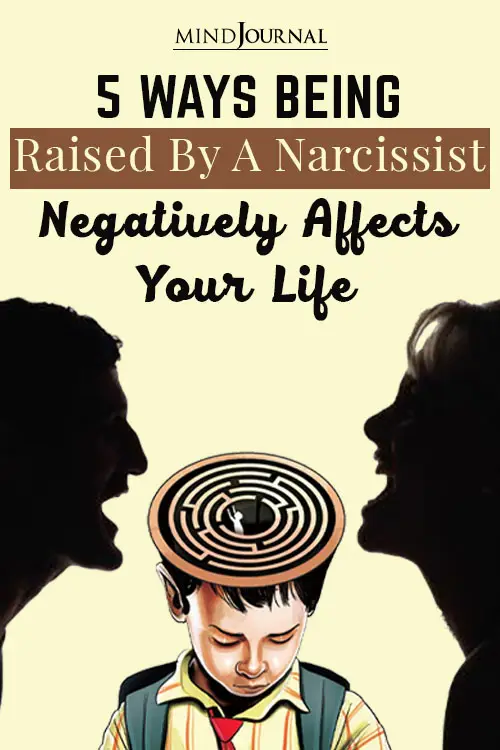
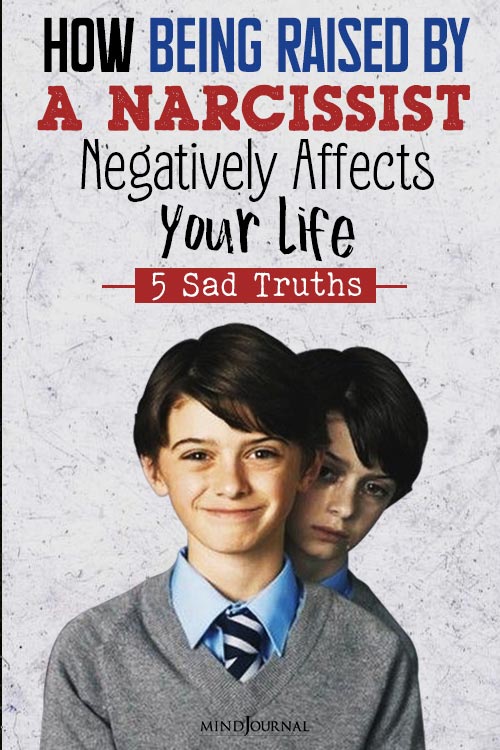
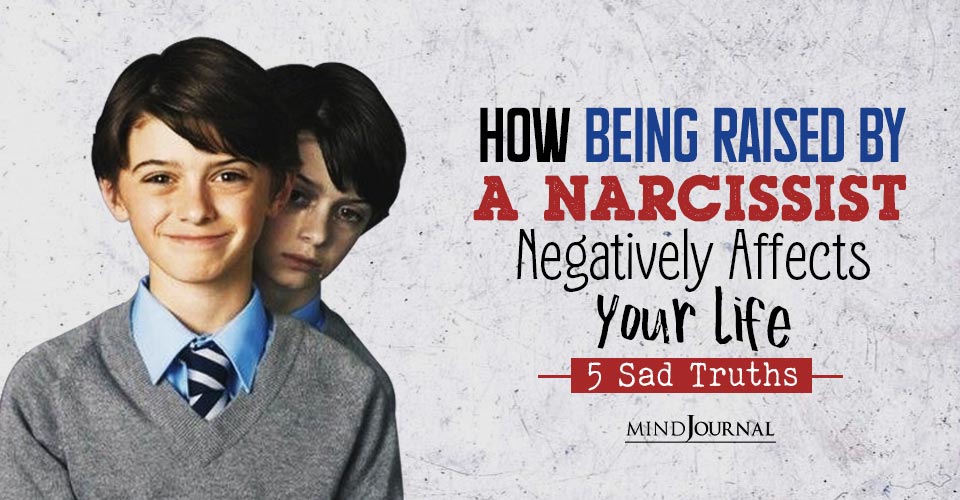






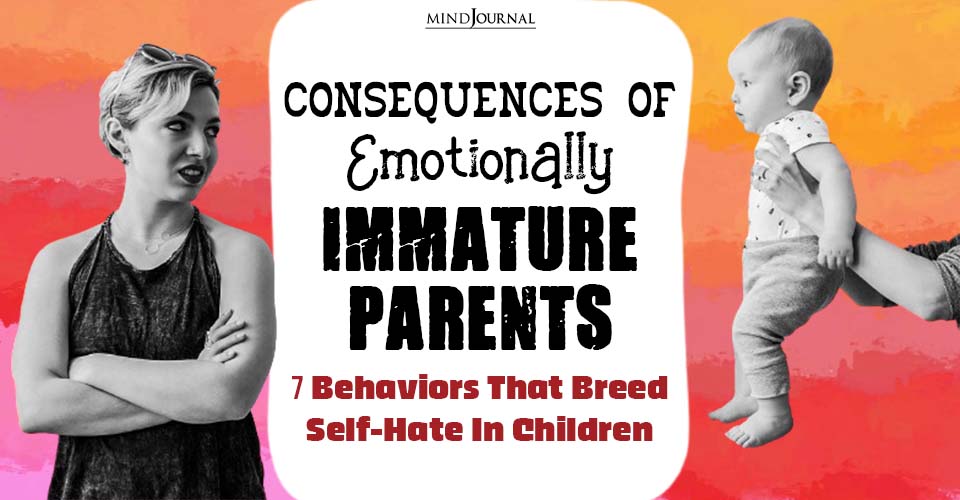
Leave a Reply
You must be logged in to post a comment.